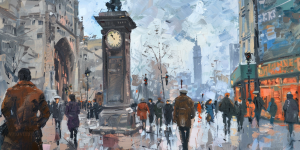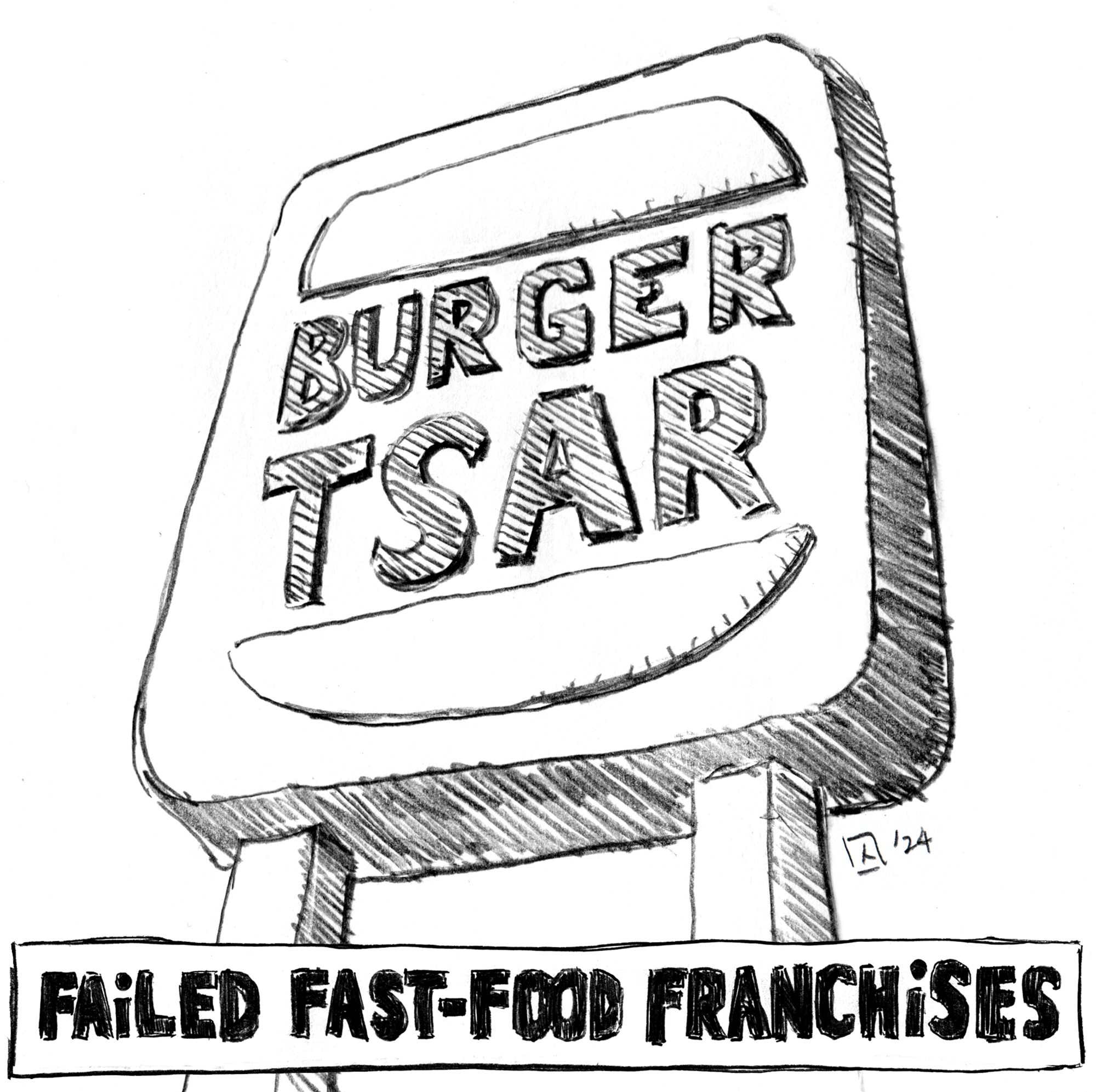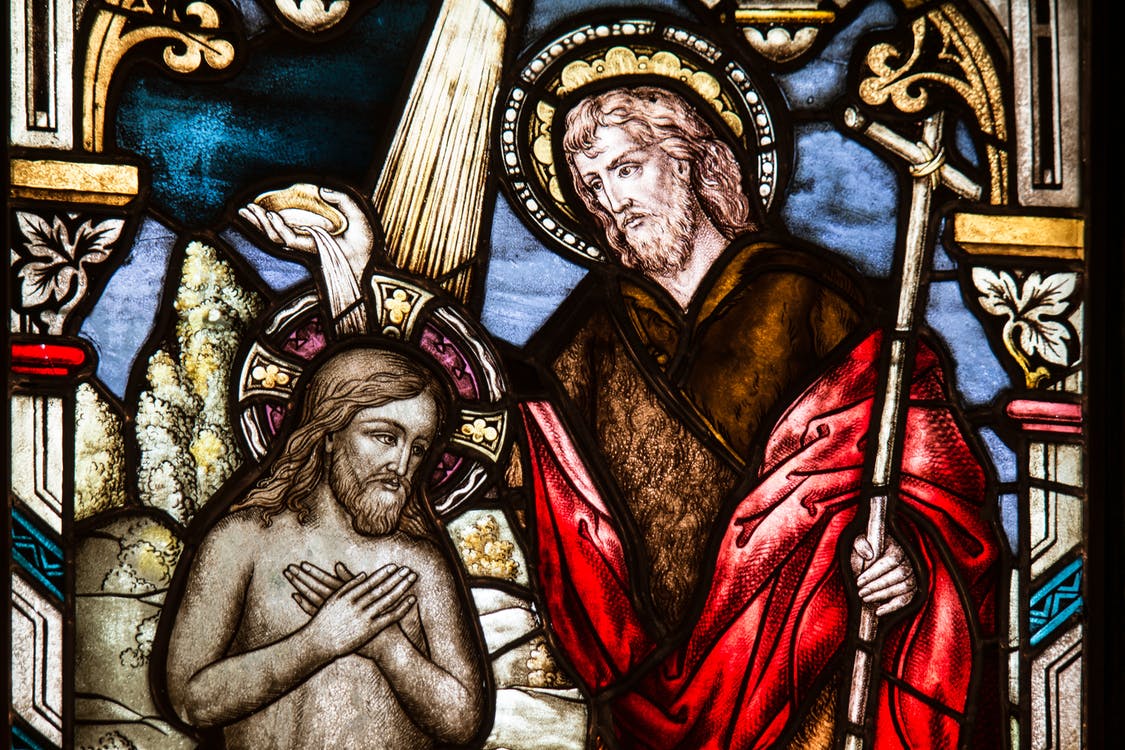I have been asked a handful of times what the ‘sin’ of our generation will be when future generations look back on our times. Perhaps this is because people tend to look at history from a perch of moral and intellectual superiority. Indeed, C.S. Lewis coined the term “chronological snobbery” to describe the phenomenon.
Modern peoples observe the violence, slavery, colonialism, sexism, racism, and homophobia of the previous ages and conclude that those people were oblivious to the blatant sins of their time. However, today “we know better,” due to our perceived enlightenment.
Answers to the ‘sin’ of our time usually reflect an underlying belief that the trends in society since the 1960s will continue unabated and that future generations will judge us for not being sufficiently advanced in our behaviors, education, and intellectual and political discourse. Common answers about the ‘sin’ of our time include not giving women enough rights, allowing our world to disintegrate through climate change, failing to acknowledge transgender and other related LGBTQIA+ movements, and not giving developing countries the help and rights they deserve on a world scale. Other answers include entitlements, which they believe those in the future will be surprised we didn’t have, such as universal health care or a basic universal income. Americans today share an ideology that history is deterministically linear.
The common theme of this answer suggests that many Americans today share an ideology that history is deterministically linear. They believe that history will necessarily move in one direction, the direction it is currently moving.
This idea has become more assumed than perhaps ever before. It was articulated by Alexandre Kojève, the French philosopher who was the father of the European Union. Kojève expressed that the Western liberal order represented the “end of history.” While Kojève’s work was influential in political change, Francis Fukuyama brought this idea to the masses in the 1990s and lodged it firmly in the imagination of today’s adults.
To Kojève and Fukuyama, the phrase “end of history” meant that they believed today’s political systems were the endpoint of advancing ideologies. While we may have gone from feudalism and monarchy to communism and fascism, the progress of those ideas was over, and democracy had won. While these historic events would continue to happen through time, the arc of history would always bend in the direction of the liberal world order.
While the popularity of these ideas made sense in the wake of the victory in World War II and the Cold War, the past thirty years have not been kind to Kojève or Fukuyama. Radical Islam, notably considered extremely conservative, has persevered as more than the mere roadblock that Kojève and Fukuyama predicted. Additionally, democratic reforms in Russia and China have reverted, creating the specter of an authoritarian world order.
Regardless of these setbacks, for the casual American thinker, there has been little change in the assumption that there exists an “arc of history” and that it bends in the same progressive direction as US politics have over the last sixty years. Even those who oppose this direction seem to accept the inevitability of the underlying premise. For example, one friend, in announcing her opposition to same-sex marriage laws, said she knew she was on the wrong side of history but wanted to be on the right side of God.

However, the set of assumptions I described as a “deterministically linear” view of history leaves us with two substantial blind spots.
First, it blinds us to the excess of confidence in our own intellectual and moral prowess. Take, for instance, the popularity of eugenics in the late 19th and early 20th centuries. Several prominent eugenicists noted how the future would look down on their own age as primitive for not having universalized eugenics sooner. Nikola Tesla, a prominent advocate for eugenics, said, “The year 2100 will see eugenics universally established. … A century from now, it will no more occur to a normal person to mate with a person eugenically unfit than to marry a habitual criminal.” Not only was it presented as a legitimate vision for the future, its proponents saw it as the superior vision of the future.
Eugenicists never imagined history would see them as extreme, corrupted, and morally depraved as we do today. The only judgment they imagined the future having for them is that they hadn’t gone far enough. This self-righteous aggrandizement is the same trait in those who can only imagine the future judging us for not going far enough in our liberal, individual-rights-based regime.
The second blindspot inherent in the deterministic linear view of history is that we can not fully appreciate the threat of old ideologies. It’s hard to spend too much time worrying about the threat of communism or authoritarianism when we’ve been assured that history’s endpoint will have rejected those ideas. On both the American right and left, authoritarian approaches are being adopted, perhaps naively assuming that history will necessarily prevent those tendencies from spiraling into an authoritarian state.
This deterministically linear view of history has become baked into many of our media and educational institutions. For example, the fight for government-recognized same-sex marriage was often tied to the civil rights fights of African Americans, despite the fact that the substance of the movements was based on very different ideological backing. Eugenicists never imagined history would see them as extreme.
These views each come with their own strengths and weaknesses.
But as we approach the question of what the “sin” of our time is, what we are really wondering is where are the blind spots? How can we be better? And how do we want our communities to change in the future?
It’s more than a mere game; it’s an important question that gets to some of our most deeply held ideas. So rather than feeling trapped by our projection of a trajectory we had no role in creating, we ought to instead think of the question through the lens of first principles.
Do we really want our culture to become even more individualistic? If not, maybe we can imagine a future where we don’t keep moving in that direction.
Do we want to risk our society falling into the traps of authoritarianism? If not, maybe we can take seriously the threat that old-fashioned ideologies still pose.
What will be seen as the sin of our time? I can only guess. But I know it would be unwise to assume it will result from a deterministically linear historical progression. We owe ourselves and our future to have a bigger vision than that.
















